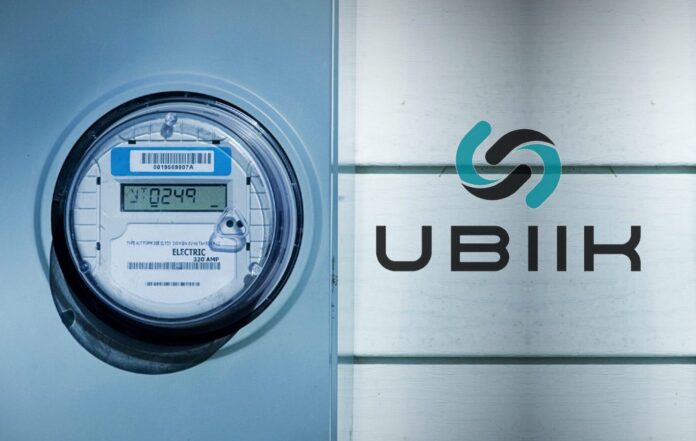Taiwanese IoT metering company Ubiik has won a $17 million tender from Taiwan Power Company (Taipower) for the deployment of an advanced metering infrastructure (AMI) system to host 450,000 additional smart meters. It is the company’s fourth consecutive AMI-tender win in Taiwan, it said, and “Taiwan’s largest IoT project”. The deal puts it on track to have over one million meters under management by 2024.
Ubiik has also expanded its private LTE offer for utilities, pushing its new private LTE extension kit for low-power AMI metering as a complement for utilities, as well as other industrial enterprises, already deploying private LTE broadband networks for sundry Industry 4.0 change-projects. The firm said it is looking to expand beyond its AMI successes at home, to target new sales in North America, India, Australia, and Europe.
The company, founded in 2016, has gained success in Taiwan, notably, by providing private low-power wide-area (LPWA) connectivity based on the Weightless technology for electricity metering. It has since grown its low-power IoT connectivity offerings to include LTE-based NB-IoT and LTE-M. Releases 14 and 15 of the LTE standard have made LTE-M and NB-IoT complementary with Weightless LPWAN, enabling Ubiik to offer a hybrid LPWA solution.
The firm claimed major wins with Taiwanese utilities in 2018, 2019, and 2020; the latest success with Taipower brings the total value of its AMI contracts to $58 million, covering the installation of 1.17 million meters by 2024, as per the rollout schedule of the Taipower contract. The new project includes the deployment of (DLMS/COSEM) meter modules, data concentrator units (DCUs), plus network management and head-end (HES) systems.
Ubiik will also take charge of equipment installation, operation, and maintenance – over a six-year term, at least. The firm said the deal confirms its status as the local market leader for AMI systems, and sets it on a global trajectory. Tien-haw Peng, the company’s founder and chief executive, said: “This… cements our leadership position [in Taiwan and also] propels us firmly into the global arena as we focus on expanding our reach.”
He specified that the firm will seek to compete and succeed in forthcoming AMI tenders in “North America, India, Australia, and Europe”. Its global strategy hinges on the integration of cellular IoT into its traditional Weightless AMI product, which has underpinned its initial success in Taiwan. Last year, Ubiik released a network kit under the name goRAN for running LTE-based Cat-1, LTE-M, and NB-IoT on private and hybrid cellular networks.
The package features its Hermes-branded Release 15 LTE small cell, and covers usage in 410MHz and 450MHz bands 31, 72, 87, and 88, alongside standard LTE bands. The Hermes product is billed as the first dual-mode RAN solution for private NB-IoT and LTE-M at 410MHz and 450MHz. The goRAN kit includes out-of-the-box connectivity in all FDD and TDD bands in the 400MHz-2.6GHz range, including Anterix’s B8 and Ligado’s 1.6GHz B24 spectrum.
Ubiik is pitching the product to mobile network operators and private LTE network providers, serving Industry 4.0 sectors, as well as to utilities and industrial enterprise users. The Hermes / goRAN product is already integrated into industrial IoT offers from unnamed virtual network (MVNO) and chipset partners, it has said. It claims its solution “uniquely addresses the last-mile connectivity problem” faced by sundry IoT monitoring and tracking solutions.

